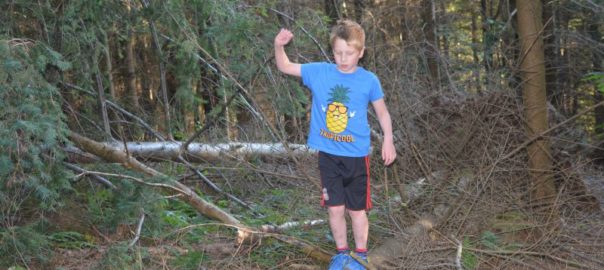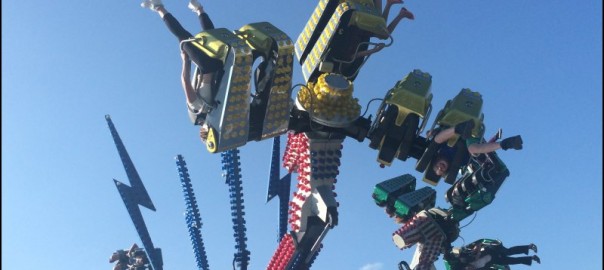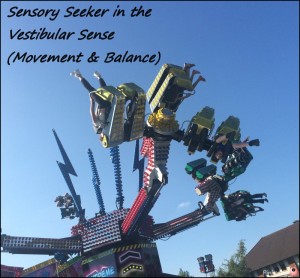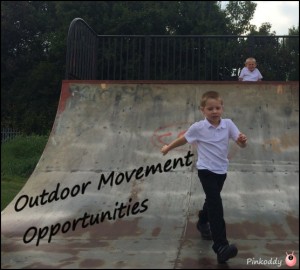The Forest is a great place for someone with Sensory Processing Disorder and visiting a Forestry Commission site means that there are toilets, a café, parking and a park too. Suitable all year round both day and night, here are some of the reasons that I believe that it is a great place for Sensory Seekers and Sensory Avoiders.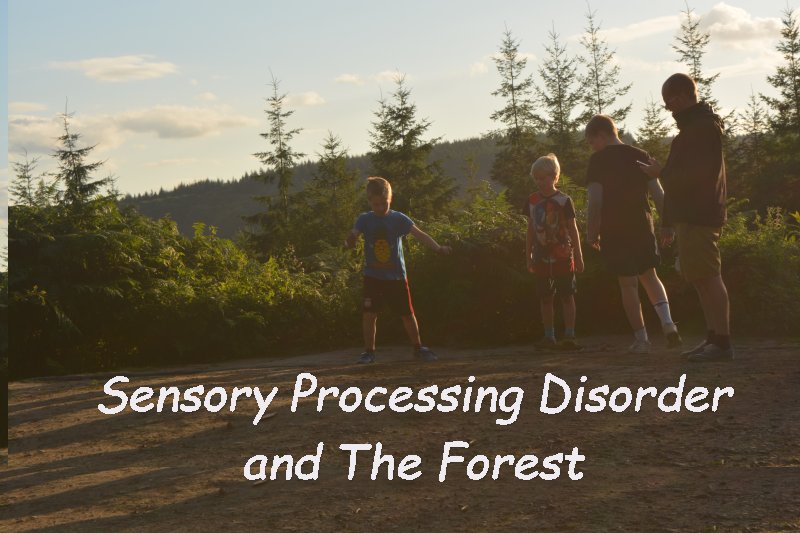
Why a trip to the Forest is good for SPD and The Visual Sense (vision/seeing)
Visually there is so much to see in The Forest, but without it being too much (with the colours being mostly shades of green and browns). I do like how each time The Forest can be visited it may be different as the seasons change, giving something new to look out for, whilst providing that security of routine. Likewise The Forest gives the option of moving into the shade/dark or coming out into the open for more light. The Forest also has opportunities for getting really up close to things – as well as viewing them from a distance. You could even visit on a dark evening and take glow sticks.
Why a trip to the Forest is good for SPD and The Auditory Sense (Hearing)
The Forest is a great place for the auditory sense because it can be so quiet – or so noisy depending on how you need it. Listen to gentle sounds like leaves crunching, birds, taping twigs, the wind, water – or for those that need it, make loud noises!
Why a trip to the Forest is good for SPD and The Proprioception (Sense of body position, from information received through the muscles, and joints – force, speed and control)
The Forest gives them the opportunity to explore Proprioception – allowing different body positions using fallen/cut trees, or (carefully) hang from a branch, exploring going fast or slow, and even things like pouring water into a cup – as it does not matter if it spills over on to the floor.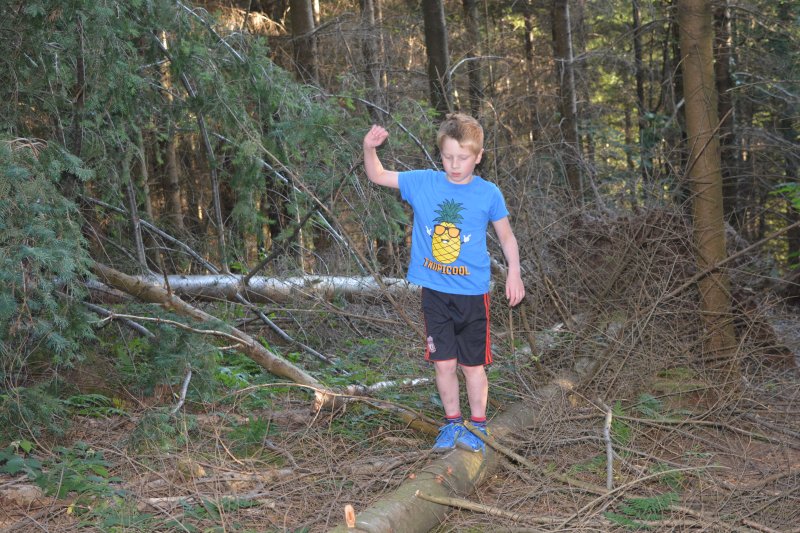
Why a trip to the Forest is good for SPD and The Vestibular Sense – Movement and Balance/Gravity
The Forest is great for a Seeker in the Vestibular sense – with plenty of places to jump, spin, do star jumps, skip, hop, dance, play tag and run about. Do be careful with them taking excessive risks with climbing though – however we found that most of the trees were not climbable with the lower branches removed. The Forest is also suitable for taking bikes and scooters too. There is plenty of opportunity to practise their co-ordination, gross and fine motor skills. Or there’s the option of Go Ape.
Why a trip to the Forest is good for SPD and Olfactory (smell)
I think that The Forest is good in terms of smell as there are scents to enjoy/experience but it is not overwhelming. If more smell is required you could bring a scent with you that they can hold and sniff when needed.
Why a trip to the Forest is good for SPD and Tactile (touch)
The Forest offers lots of things to touch (mainly on their own terms too). There are trees, leaves, mud, water, flowers, mushrooms, stones, moss, pinecones, acorns, etc, etc. If you are feeling really brave (and I suggest spare clothes) why not let Seekers go barefoot – and splash in muddy puddles. If they are avoiders you can gently encourage them to try a range of new textures and sensations on small parts of their body and slowly build it up (eg start with finger tips until they can touch it with their whole hand). Seekers will be happy to walk around carrying as many sticks as they can too!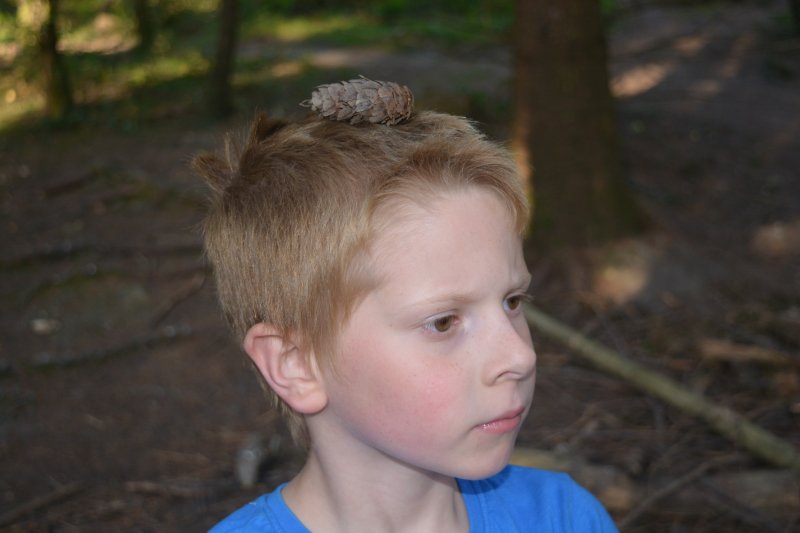
Why a trip to the Forest is good for SPD and Gustatory (taste)
Of course it is best not to eat things that you do not know what they are – but The Forest is a perfect place for a picnic and there are tables provided. Bring their favourite foods and make the day more special.
Can you think of any other ways a trip to The Forest is good for those with Sensory Processing Disorder?
For more information if you wonder if your child has Sensory Processing Disorder please read this post.
I receive free parking passes and material from the Forestry Commission. Words and opinions are honest and my own.
